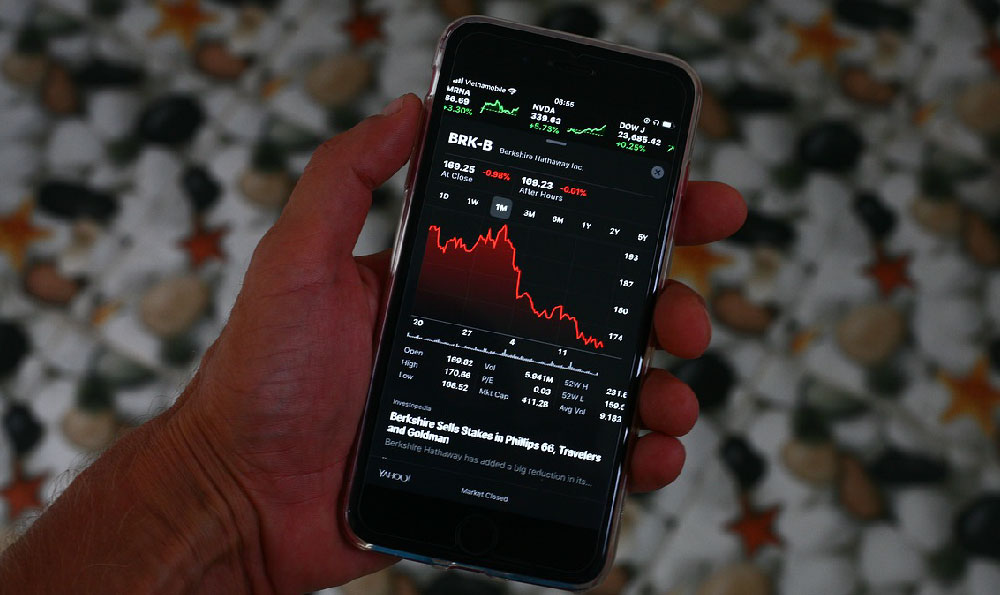how to build an app and monetize it online

Building an app and monetizing it online is a multifaceted process that requires strategic planning, technical expertise, and a deep understanding of market dynamics. To succeed in this endeavor, entrepreneurs must navigate through several critical stages, each demanding careful consideration and execution. The journey begins with identifying a genuine need or problem that the app can solve, which often serves as the foundation for its long-term viability. Market research is essential here, as it enables developers to validate their idea by analyzing existing solutions, understanding user behaviors, and predicting demand trends. This phase involves not only demographic studies but also exploring how competitors have addressed similar challenges and where opportunities for differentiation may exist.
Once the problem is clearly defined, the next step is to design the app with user experience at the forefront. A compelling interface and intuitive navigation are crucial for attracting and retaining users, as they directly impact satisfaction and engagement. It is important to involve potential users in the design process through surveys or focus groups to ensure the app meets their expectations. Simultaneously, the technical feasibility of the project must be evaluated, including considerations such as platform choice, scalability, and security. Developers should also determine the resources required for development, whether it involves hiring a team, using freelance talent, or investing in tools and technologies.
With the design and planning complete, the development phase requires a structured approach to coding, testing, and iteration. Agile methodologies are often preferred here, as they allow for flexibility and continuous improvements based on feedback. During development, it is crucial to prioritize features that add the most value to users while balancing cost and time constraints. Rigorous testing, both automated and manual, should be conducted to identify and fix bugs, optimize performance, and ensure compatibility across devices and operating systems. Post-launch, the app must undergo a period of refinement, where user feedback is analyzed and adjustments are made to enhance functionality and usability.

Monetization strategies must be developed alongside the app’s creation, as they are integral to its sustainability. There are several common models, each with its own advantages and drawbacks. Advertising is one of the most straightforward approaches, where the app displays ads to generate income. However, developers must balance ad placement to avoid disrupting the user experience. Subscription services offer a recurring revenue stream, ideal for apps that provide ongoing value, such as premium content or features. App store purchases, including in-app purchases, are another viable option, especially for apps offering consumable products or upgrades. In some cases, a freemium model may be effective, where the app is free to download but includes optional paid features. Data monetization is also gaining traction, where user data is anonymized and sold to third parties, though this approach raises ethical and legal considerations.
Beyond selecting a monetization model, the app must be effectively marketed to acquire a user base. This involves leveraging digital marketing channels such as social media, search engine optimization, and content marketing. Paid advertising on platforms like Google Ads or App Store Search can provide immediate visibility but requires careful budget management. Collaborating with influencers or partners in the industry may also help reach a broader audience. User acquisition is often a critical challenge, as it involves not only attracting users but also retaining them. Retention strategies such as regular updates, customer support, and community engagement are necessary to maintain user interest over time.
As the app gains traction, it is essential to focus on scaling and growth. This may involve expanding to new markets, adding features based on user demand, or improving the app’s performance to handle increased traffic. However, scaling also brings challenges such as managing costs, maintaining quality, and ensuring security. Developers should also consider diversifying their monetization streams to reduce reliance on a single model and increase profitability. For example, an app that initially relies on ads may later introduce a subscription option or in-app purchases to create a more stable revenue base.
Monetizing an app online is not a one-time effort but an ongoing process that requires adaptability and innovation. The digital landscape is constantly evolving, with new trends and technologies emerging regularly. Developers must stay updated on these changes and be willing to adjust their strategies accordingly. For instance, the rise of in-app purchases and microtransactions has transformed how many apps generate revenue, while advancements in artificial intelligence have opened new possibilities for personalization and targeted marketing.
Moreover, the financial success of an app can be influenced by factors such as competition, market saturation, and the ability to acquire and retain users. Developers must carefully analyze these factors to position their app effectively within the market. In some cases, partnerships with other businesses or integration of third-party services can provide additional value and revenue opportunities. For example, an app that tracks fitness goals may partner with health brands to offer exclusive deals or products to users.
Another important consideration is the legal and regulatory environment in which the app operates. Compliance with data privacy laws, copyright regulations, and other legal requirements is crucial for avoiding penalties and ensuring user trust. Developers must also be aware of payment gateways, tax implications, and other financial considerations that impact the app’s monetization strategies.
In conclusion, building an app and monetizing it online requires a comprehensive approach that combines creativity, technical skill, and strategic thinking. From initial research to final implementation, each stage demands attention to detail and a commitment to user satisfaction. By choosing the right monetization model, effectively marketing the app, and continuously refining its features, developers can maximize profitability while creating a product that provides real value to users. The journey is complex, but with patience, persistence, and a well-informed strategy, success in this field is achievable.















